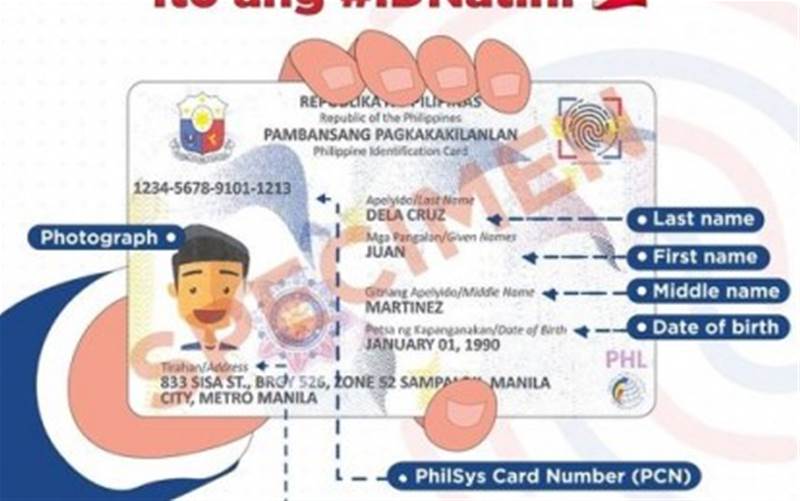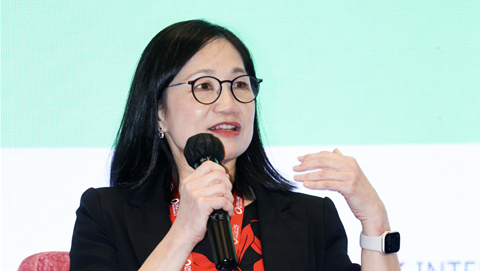The Philippines is likely to speed up the digitalisation of the National Identification (ID) system that could be used for public and private transactions, following a directive from President Ferdinand R. Marcos Jr.
The Philippine Statistics Authority (PSA) has been told to accelerate efforts in issuing digital national ID cards, the PhilID through public-private partnership.
As a digital foundational ID system, PhilSys is said to enable paperless and cashless transactions for all Filipino citizens and residents.
Even before its rollout in mid-2022, the government has called on public entities including government agencies, offices, and local government units to ready themselves for full implementation and integration into government processes, databases and systems for seamless access to public services, according to the Philippine News Agency.
Presidential Communications Office Secretary Cheloy Garafil said PSA is targeting the launch of the mobile PhilID app by the first quarter of 2023.
"The benefits of adopting a digital ID system include automated eKYC (Know Your Customer), identity theft protection, credit card and loan applications, and digital wallet," Garafil added.
The other use cases include system integration, ePrescription, online banking, transportation solution, personal information reference, application for government documents and face verification.
“Integration to a digital wallet would help eliminate long lines in Assistance to Individuals in Crisis Situations (AICS) distribution, and support the government's anti-fraud and anti-scamming efforts,” Garafil said.
She added that PhilID would facilitate faster disbursement of government cash aid and improve monitoring of the social welfare department.
Similarly, Thailand is also planning to implement a digital identification framework in partnership with six other agencies to enable Thai people to access multiple services with one Digital ID.









